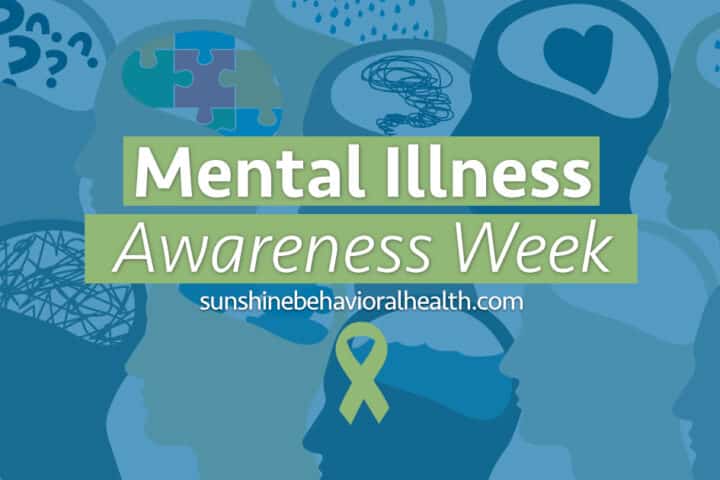
Mental Illness Awareness Week: Using Nonverbal Communication to Understand Mental Illness
The theme of 2020’s Mental Illness Awareness Week was “What People with Mental Illness Want You to Know.” Listening to what people with mental illnesses have to say with patience and without judgment can go a long way in helping them.
Sometimes, these conversations aren’t possible, though. People with mental illnesses may be unable to talk. Their emotions may have left them traumatized or they might find it difficult to engage. If they do talk, people may be reluctant to express what’s on their minds.
Nonverbal cues and communication could be the key to deciphering what’s happening. They can also help people help. People could
- Observe how people position themselves. Are they socially distancing for health reasons? Are they distancing themselves or staying very close to others for other reasons?
- Examine how people are moving (or not moving). Are they pacing? Fidgeting or wringing their hands? Or are they unable to leave their beds?
- Note other things that people are doing. Are they crying or sighing? Do they seem more depressed or anxious than usual? Are they making eye contact with others?
- Check people’s hygiene and appearance. Have they been grooming themselves like they usually do? Are they clean? Are their clothes clean? Have they lost or gained a great deal of weight?
- Ask others about the people’s habits. Are they sleeping more or less than usual? Are they going to work or school regularly and meeting other obligations?
- Examine a person’s surroundings. By visiting a person’s home, they can see his or her living conditions and determine if there’s evidence of alcohol or drug use.
If you can engage someone with a mental illness in a conversation, listen to how they express themselves. Are they pausing more between words and sentences? Using more profanity than usual? Do they repeatedly talk about one subject?
Or are people actively avoiding certain subjects? If you mention certain subjects, are they extremely uncomfortable and very eager to avoid talking about them? Sometimes, what people don’t talk about can be just as telling as what they do.
Also, some people may be reluctant to discuss mental health matters because of their cultural backgrounds and other factors. They may feel uncomfortable expressing themselves in English, discussing their problems, or talking about themselves in general.
There’s no single way to express ourselves. It’s just important that we keep communicating. Using nonverbal cues and communication can help us learn about other people and their mental illnesses.
Sources
helpguide.org – Nonverbal Communication
getsmartaboutdrugs.gov – How to Identify Drug Paraphernalia
health.gov.au – People from Culturally and Linguistically Diverse Backgrounds
A Message From Our CEO
Medical disclaimer:
Sunshine Behavioral Health strives to help people who are facing substance abuse, addiction, mental health disorders, or a combination of these conditions. It does this by providing compassionate care and evidence-based content that addresses health, treatment, and recovery.
Licensed medical professionals review material we publish on our site. The material is not a substitute for qualified medical diagnoses, treatment, or advice. It should not be used to replace the suggestions of your personal physician or other health care professionals.





